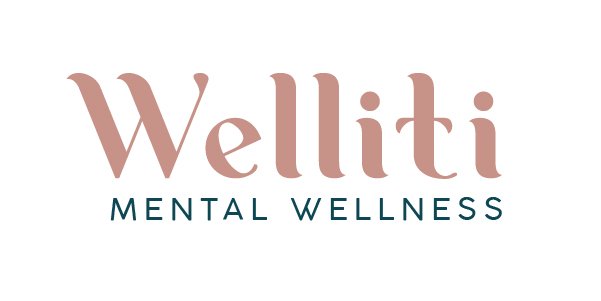Does Social Media Impact Mental Health?
Research has shown that as the amount of time spent on social media goes up the quality of our physical and mental health goes down. Social media companies spend a significant amount of time and money to make sure their platforms are as addictive as possible. This effort helps them remain as profitable as possible.
Social media thrives off of showing us a snapshot of a carefully selected, often modified, and well-organized version of someone’s life. This unrealistic and fabricated model causes others to aim for results that not even the creator has obtained. This can lead to comparison which progresses into FOMO, anxiety, and depression. Consistent social media use activates our reward center which triggers dopamine.
Dopamine is a chemical made by the brain. It controls movement and also impacts our mood. Dopamine is released during pleasurable activities. It motivates us to go after the things that bring us joy.
Receiving likes, followers, and comments gives us pleasure and positive feedback, this reinforces behavior and thus habits develop. Not knowing when you’ll get that feedback leads to excitement for a future reward. This all keeps us yearning for more.
These are "free” services how much can they hurt? Actually, a lot and we pay a steep cost. These platforms cost us time, relationships, and happiness. Not to mention that our time is being sold to advertisers at a high cost and we are not being reimbursed. Make no mistake we are the product and companies are making big profits.
If you aren’t paying for the product, realize that you are the product.
Social media doesn’t have to be all or nothing. You can determine a safe and healthy amount of social media for your quality of life. Remember addictions are good for businesses not people.
Here are some things you can do to regain control:
Look at your screen time use regularly. Is it a healthy amount for you? What else could you have accomplished in that time?
Use search engines such as DuckDuckGo that prevent you from being tracked. This limits advertisements based off of your search history.
Mix in offline hobbies that allow you to disconnect and socialize in person.
Identify which platforms make you feel better or worse and adjust your use.
Get something in return! Use these platforms to network, promote your business, or establish quality relationships.
Use social media in time blocks and limit it to a certain number of hours/minutes per day.
Use devices only in certain areas of your home. Can you say no to use in the kitchen and/or bathroom?
When spending time with loved ones or when you really need to focus turn devices off or move out of sight.
Silence notifications. Do you really need to know that your 3rd grade classmate is happily divorced and eating avocado toast?
How we spend our hours is how we spend our lives.
✌️ Be well!


